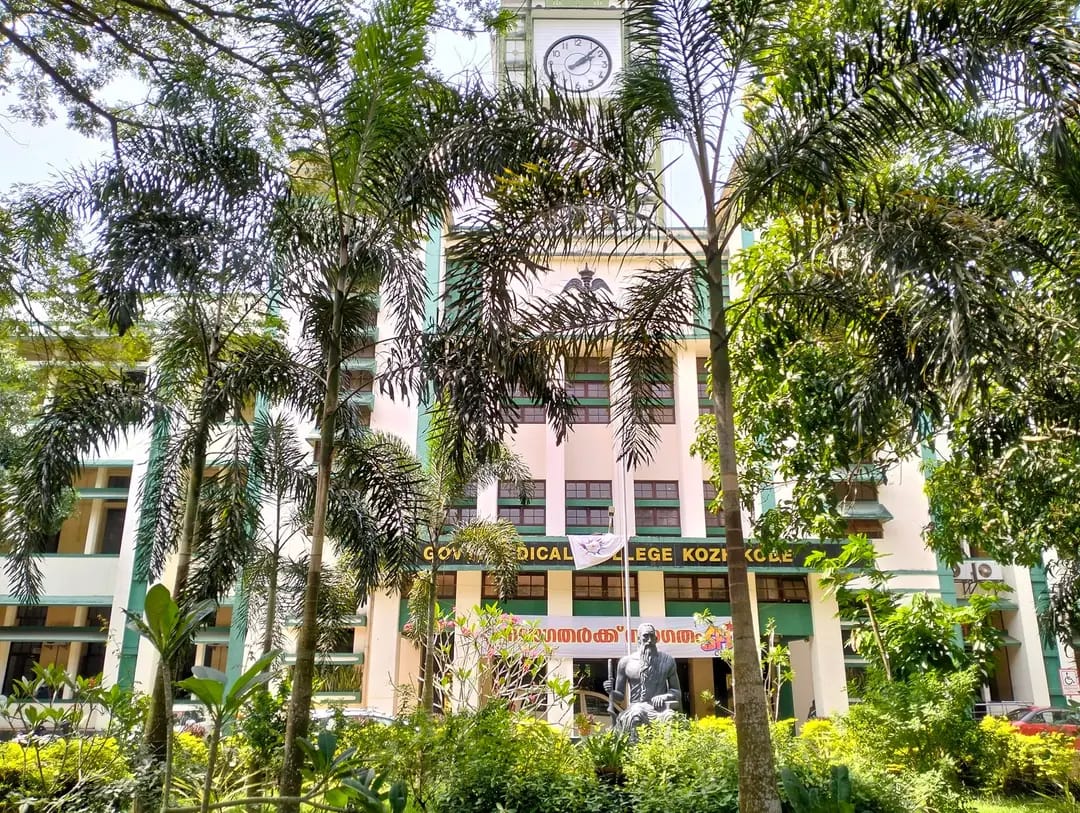The court observed that the state is obliged to make the campus safe and imposing a curfew on women's hotels will not serve any purpose.

Kozhikode Medical College. (Supplied)
The government of Kerala on Thursday, 8 December, issued a set of guidelines allowing woman medical students to stay out of their hostels after 9.30 pm.
The guidelines came a day after the Kerala High Court criticised the 9.30 pm curfew imposed on the residents of the ladies’ hostels at the Government Medical College in Kozhikode.
Considering the petitions filed by the students’ union, Justice Devan Ramachandran remarked, “Lock up the men, I am saying (this) because they create trouble. Put the curfew for men after 8:00 pm. Let the ladies walk out.”
The petition was against a Higher Education Department’s notification prohibiting women students from leaving the hostels after 9.30 pm. The Kozhikode Medical College has two hostels for women.
The petitioners also pointed out that such a restriction was not placed on male students. The court questioned the logic of the discriminatory treatment.
“The gates of the hostels for boys and girls studying medicine and related undergraduate courses should be closed at 9.30 pm and the security guard at the gate should keep the movement register,” the guidelines issued by the Health and Family Welfare Department said.
First-year MBBS students, however, will have to stick to the 9.30 pm deadline.
“There should be no gender discrimination on the part of the college authorities in policy and practice in this regard. This restriction takes into account the lack of familiarity with a new place and the first-year students need not have to study by going to a hospital late in the night,” the order issued by Additional Chief Secretary Dr Asha Thomas said.
The guidelines mandated the students to produce their identity cards at the gate also sign the movement register.
Expressing relief over the development, a student said they had lodged several complaints against the curfew. “But for the first time, we went on strike on 16 November,” the student, Anju C, told South First.
She said the students were earlier not required to return by 9.30 pm.
“Later, the security guard and the hostel warden made the night curfew compulsory. But the boys’ hostels do not have such rules; their hostels do not even have a security guard, she said.
Anju said the hostel secretaries had a meeting with the principal, vice-principal and the chief warden demanding that the curfew be lifted.
“Our demands were rejected. They claimed that the Parent Teachers Association (PTA) do not approve of withdrawing the curfew. But when we checked the UGC rules, there is no role for the PTA to be involved in such matters. The institution can make a decision,” she recalled.
Though the students did not continue the strike, they started breaking the law by returning late to the hostels. “Simultaneously, the students union filed a court case against the administration’s arbitrary decisions,” the student said.
In an earlier order, the court had stated that there can also be situations where students would want to go out at the night for other reasons.

MBBS students stage a sit-in demanding the authorities to lift the restrictions. (File photo/Supplies)
“I am certain, therefore, that the competent authorities must come out with the rationale in imposing the said limitation,” read the order.
The court had also prima facie it appeared restrictions were placed on students even to walk on the campus after a particular time and any justification for this can only be valid if compelling reasons are shown by the authority.
“I am persuaded to make the afore observations also because, in the modern times, any patriarchism — even in the guise of offering protection based on gender — would have to be frowned upon because girls, as much as boys, are fully capable of taking care of themselves; and if not, it must be the endeavour of the state and the public authorities to make them so competent, rather than being locked in,” Justice Ramachandran observed during the previous hearing.
On Wednesday, the state government submitted before the court that the practice is followed based on requests by parents. However, the court said the state is obliged to make the campus safe and imposing a curfew on women’s hotels will not serve any purpose.
The court has listed the case for 15 December.

Jul 26, 2024

Jul 25, 2024

Jul 25, 2024

Jul 24, 2024

Jul 24, 2024

Jul 24, 2024